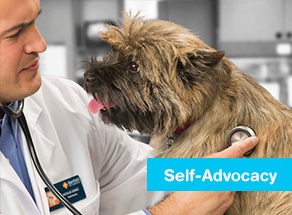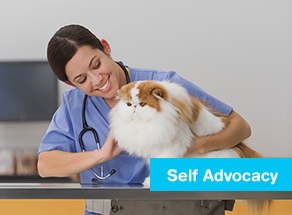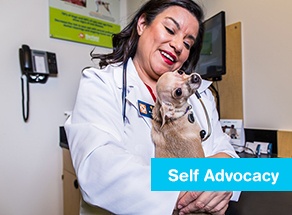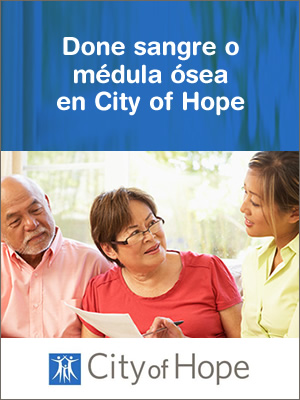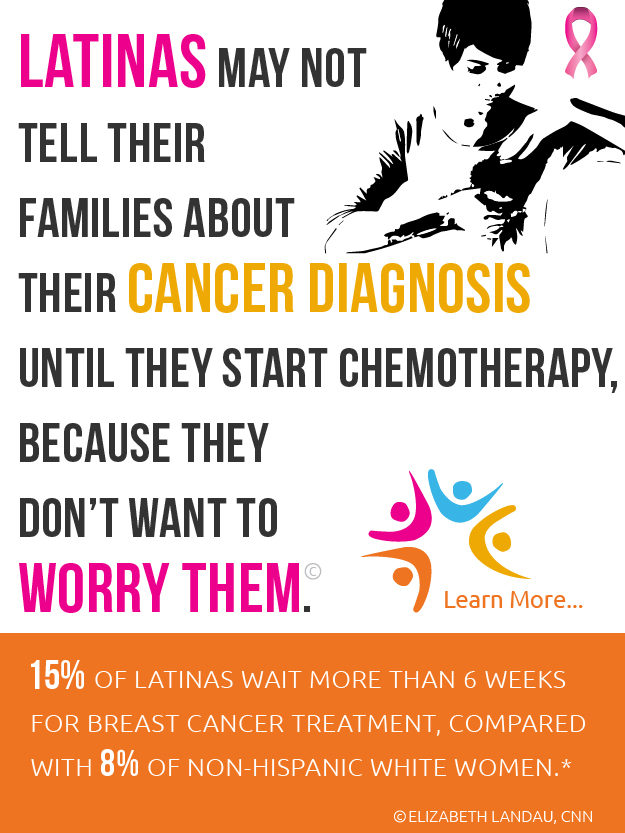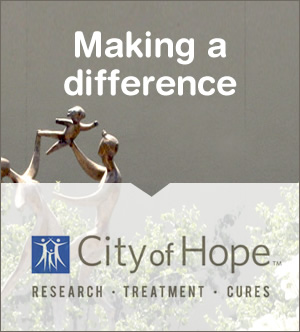Personalized Care
Cancer patients often 'retraumatized' by coronavirus: How to cope
12/08/2020 06:00am | 3689 viewsWriting in The Atlantic, Caitlin Flanagan describes her 17-year battle with metastatic breast cancer, starting with her shock and fear when she was diagnosed: “Stage IV cancer! Could it get any worse?”
Self Advocacy
When Should I Get Tested for COVID-19?
05/08/2020 06:00am | 3178 viewsWhen we first started hearing about COVID-19 in the U.S., the symptoms of the virus – and thus, the criteria for testing – seemed pretty straightforward: If you have a fever and a cough, get tested (if your doctor has access to a test). But as doctors and researchers learned more about the virus (and more people were tested and diagnosed), it became clear that the symptoms were not so straightforward– and sometimes not present at all. So, now that there’s a laundry list of “maybe” symptoms, how do you know when to get tested?
Lifestyle
Lysol Disinfectant Approved for Use Against COVID-19: Here’s What Else Can Work
04/08/2020 06:00am | 3408 viewsTwo Lysol products have been approved by the Environmental Protection Agency (EPA) for use against the novel coronavirus, SARS-CoV-2. The products are Lysol Disinfectant Spray and Lysol Disinfectant Max Cover Mist, both approved last week for use on hard, nonporous surfaces.
Lifestyle
Air Travel a Puzzle in Age of Coronavirus
17/07/2020 06:00am | 3638 viewsBy Delonte Harrod
Sasha Buchanan boarded a Southwest Airlines flight in June at Reagan National Airport in Washington, D.C., bound for Houston to visit her 60-year-old mother and her adopted sister. Buchanan, who has vertigo, is a self-proclaimed germophobe, so she wore a mask and brought her own wipes to clean her seat and area around her. Referring to the chance of spreading the coronavirus to her mother and sister, Buchanan says: “I was careful while I was in Virginia. I didn’t want to bring anything home.”
Behavioral Tendencies
When, why and how to wear a mask during this pandemic, according to the experts
16/07/2020 06:00am | 3590 viewsIt appears face masks are here to stay.
The New York Times surveyed 511 epidemiologists and more than half of them predicted masks will be necessary for at least the next year, if not longer.



